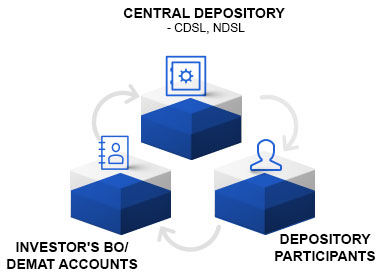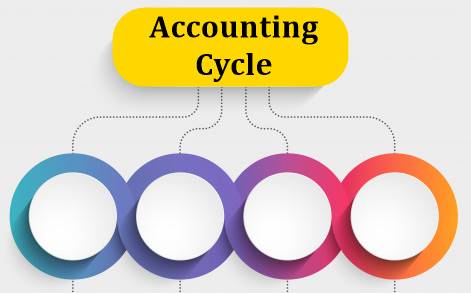
What is a Flexible Spending Account?
A Flexible Spending Account (FSA) refers to a Savings Account that offers unique tax benefits to the account holder. Like, a company may set up a FSA, sometimes known as a "flexible spending arrangement," for their employees. You can donate a portion of your regular wages to the account, and companies can likewise contribute to employees' accounts. The distributions from the account must be utilized to compensate the employee for eligible medical and dental costs.

A dependent-care flexible spending account is another sort of FSA that can be used to pay for daycare for the kids under the age of 12 and can also be used to pay for the care of qualifying people, such as a spouse, who cannot care for themselves. The maximum contribution restrictions for a dependent-care FSA differ from those for a medical-related flexible spending account.
One of the essential advantages of a flexible spending account is that the money you put into it is deducted from your Earnings before Taxes, minimizing your taxable Income. As a result, making regular contributions to an FSA can help you lower your annual tax bill.
FSA is mainly offered in the USA, where it is also considered to be among the top financial accounts that are tax advantaged and also offers payroll tax savings.
Using FSA
The good news is that most large and medium-sized businesses provide FSAs as a perk to their workers. FSA choices are less likely to be contributed by smaller firms. If your company does not offer this account, it is an excellent idea to let your human resources department know that you are interested.
If your workplace does provide an FSA, you can enrol for regular payroll deductions during open enrollment or whenever you make benefit adjustments. It's critical to understand the restrictions that govern utilizing your FSA account and estimate your spending for the year.
Talk to our investment specialist
Why Consider FSA?
The key reason is that you will be able to save money. In addition, you will save money by not paying taxes on funds used to cover medical expenses because your contributions and withdrawals will be tax-free.
The tax benefits aren't the only reason to use a flexible spending account. For example, you can use your healthcare FSA funds ahead of time, which means you can spend the money you plan to contribute at any time.
FSA Pros and Cons
An FSA's funds can be used to reimburse payments for medical care, which is defined as amounts paid for the diagnosis, treatment, cure, mitigation, or prevention of disease, as well as disorders affecting any body structure. However, charges for cosmetic surgery and things or services that are advantageous to one's overall health, such as gym memberships, are not covered. FSA owners, spouses, and dependents are covered for eligible medical costs.
FSAs cover medical equipment purchases such as diagnostic gadgets, bandages, and crutches. In addition, FSA funds can be used to pay expenses for prescription prescriptions, including over-the-counter (OTC) drugs for which you received a prescription, as well as insulin. FSA funds can also be used to repay sums spent for medical services in accordance with insurance plan deductibles and co-payments. Regrettably, the funds will not be able to be used to pay for insurance premiums.
Is it Worthwhile to Open FSA?
Managing a flexible spending account is now easier than ever. Most accounts feature online benefits portals for account management, FSA cards for covering the qualified healthcare expenses at the time of sale, and coverage for numerous eligible medical services and goods.
All efforts have been made to ensure the information provided here is accurate. However, no guarantees are made regarding correctness of data. Please verify with scheme information document before making any investment.












